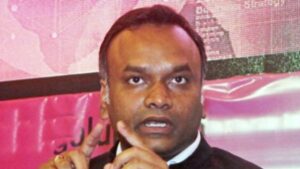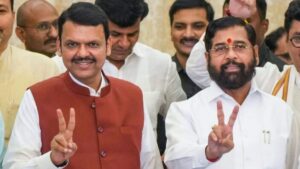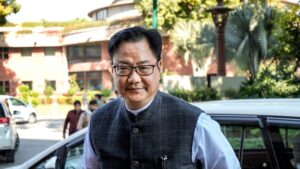Drama kings

Royals of Udaipur are in street-fight mode. Ex-monarchs make for good entertainment
In Udaipur, a feud between former royals has spilled into street fight. A newly crowned ‘maharana’ and legislator seeks blessings from a family shrine, but is being blocked by his uncle and cousin, to whom the palace trust has been willed by the late ‘maharana’. Kaboom, as the cartoons would put it. The Mewar battle royale is only one of many fierce disputes among India’s feudal families. From Rajkot to Baroda to Gwalior to Sirmaur, legal wrangles and strained relations are common, given the significant wealth these families still hold. Their glory days are – thank god – over. But property, jewellery and defunct titles are still high-stakes enough for vicious skirmishes. Why? Because royals are families too, and like any other brood with something to fight over, they do. History could be seen as a long scroll of familial love and hate – from the pharaohs to the Tudors, the Habsburgs or Pahlavis and Romanovs, the fate of great cities and empires and even religions has been entwined with family politics.
In India, the golden age of miscellaneous maharajahs was between the 18th and 20th centuries after Mughal power waned. They collaborated with Brits in a two-tier ruling class. Some were extractive, some have been portrayed as benefactors, or modernisers. But like anyone else, they fought and made peace with their circumstances. When India moved from Raj to republic, they had to merge with the Union. In 1971, they lost their titles and fabulous privy purses.
Some royals have converted their feudal charisma into electoral capital. Some have turned their palaces into heritage hospitality. Some are aristocratic influencers, selling visions of the high life.
Everywhere in the democratic world, former royals are a faded reminder of bygone days, and fodder for gossip. In the constitutional monarchies of Britain, Holland and northern Europe, they have apolitical, ceremonial roles rather than sovereign aura. Their public work may be duty and drudgery, but their escapades, affairs and tiffs are of consuming interest to much of the public. Something lingers from the old days, where the king could be a sacred figure or a scapegoat. And even today, whether you love them or they raise your republican hackles, royals certainly make a spectacle. And even in a democracy, where we are counted in our numbers rather than weighed by rank, we’re still riveted by palace entertainment. Royals make for excellent reality TV, it turns out.
This piece appeared as an editorial opinion in the print edition of The Times of India.
END OF ARTICLE



